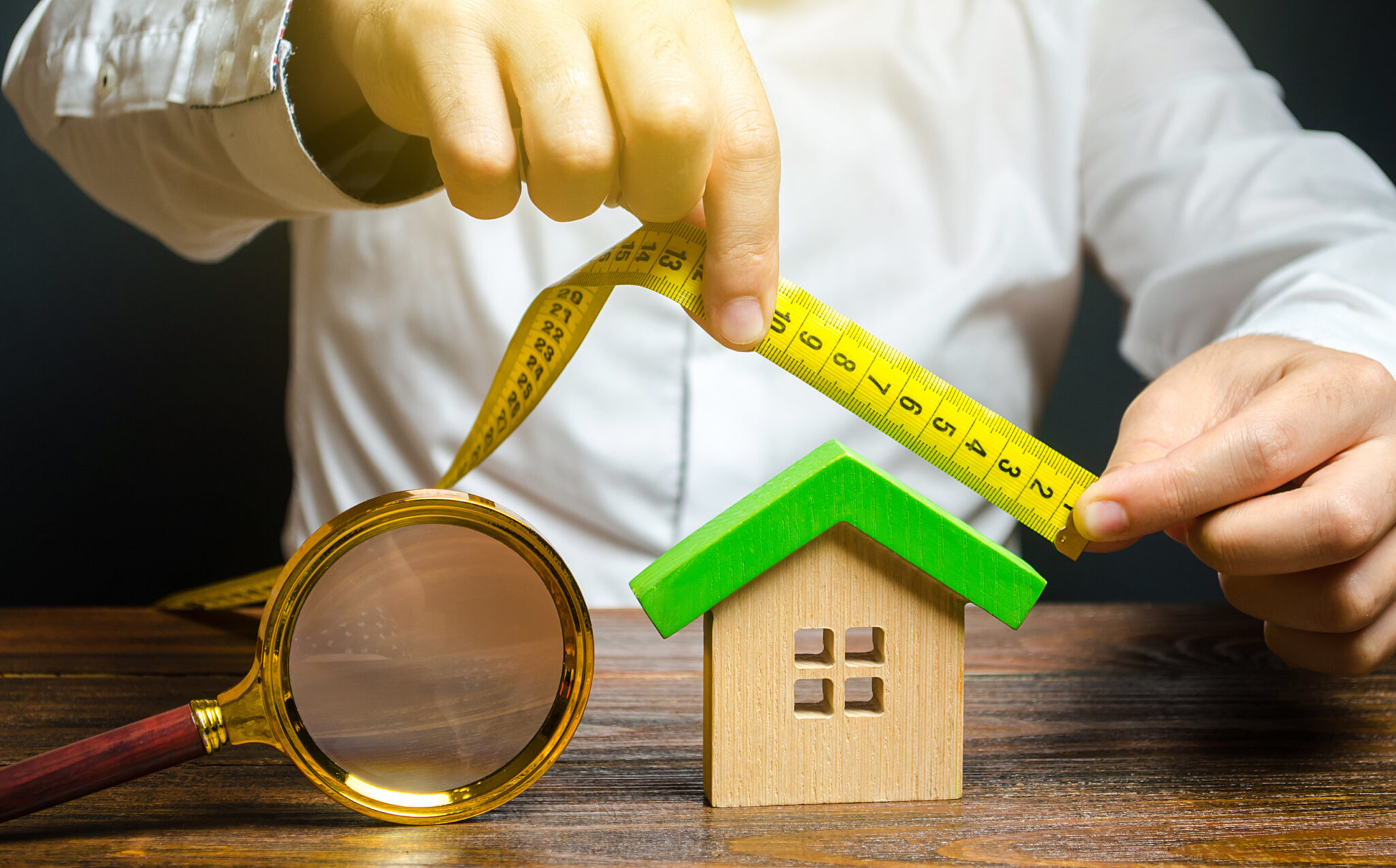The Intricacies of Home Valuation: Everything You Need to Know

Key Takeaways:
- Home valuation is a complex process impacted by numerous factors, including market trends, location, and property features.
- Understanding the basics of home valuation can assist you in making knowledgeable choices when purchasing or selling a property.
- Both professionals and automated systems play crucial roles in determining accurate home values.
Understanding the Basic Factors of Home Valuation
When delving into home valuation, it becomes apparent that the process is much more intricate than at first glance. It involves assessing a property’s physical attributes, environment, and economic conditions. Essentials include the property’s geographical location, the local real estate market pulse, and the selling price of comparable nearby properties. Enlisting the help of experts is often an advisable route, as they can analyze these variables with a trained eye and a wealth of experience. Oklahoma City OK real estate experts The Kirby Group apply these principles adeptly, ensuring homeowners receive precise and market-appropriate valuations.
The Role of Market Trends
NNavigating market trends are vital in real estate, as these trends directly impact property valuations. Property prices inevitably rise during a seller’s market, when demand surpasses housing supply. Conversely, greater supply can lead to more competitive pricing during a buyer’s market. Staying attuned to market trends allows potential buyers and sellers to time their transactions favorably. Understanding how these trends fluctuate seasonally or due to economic shifts is invaluable in anticipating property value changes and informing strategic decision-making.
How Property Features Impact Value
Distinctive property features can significantly elevate a home’s market value. It goes beyond basic aesthetics to functionality and technological attributes that align with modern living standards. Properties featuring contemporary kitchens, energy-efficient systems, and smart home technology often appraise higher due to their desirability in today’s eco-conscious and tech-savvy market. Emphasizing an illustrative anecdote, homeowners who converted their basements into revenue-generating rental units witnessed a tangible increase in their property’s appeal and market value, underscoring how strategic modifications can enhance its standing.
The Importance of Location
In real estate, location isn’t just a buzzword; it’s a critical core component that can dramatically sway a home’s valuation. Proximity to employment hubs, esteemed school districts, and efficient public transport networks renders a property significantly more attractive. Furthermore, living near cultural centers, parks, and shopping districts provides added lifestyle benefits, often translating into a premium on property values. Homes in vibrant, active neighborhoods frequently enjoy a higher demand, affirming the old saying, “It’s all about location, location, location.”
Professional vs. Automated Valuation
Both professional insights and the advent of technology enrich the valuation landscape. Real estate professionals bring a nuanced understanding, considering unique property attributes and local market intricacies during assessments. Their evaluations are deeply rooted in personal expertise and transactional know-how. Meanwhile, Automated Valuation Models (AVMs) represent a technological leap, leveraging algorithms and datasets to deliver swift property estimates. While AVMs offer the advantage of speed and accessibility, detailed insights from seasoned real estate experts often deliver added layers of contextual accuracy and reliability.
Steps to Improve Your Home’s Valuation
Enhancing your property’s market value can be achieved through strategic improvements. Start by focusing on renovating high-impact areas such as kitchens and bathrooms; these spaces often offer significant returns on investment. Attention to curb appeal is also imperative, as the exterior forms a prospective buyer’s first and last impression. Additionally, updating crucial systems like plumbing and HVAC ensures the property is perceived as modern and well-maintained, a factor that appeals to prospective homeowners keen on avoiding future expenses. Implementing energy-efficient technologies like solar panels reduces utility costs and elevates the home’s market allure amidst an eco-conscious buyer demographic.
Common Mistakes in Home Valuation
Avoiding valuation pitfalls is crucial for maintaining realistic property values. Over-improving or investing in extravagant luxury features that don’t align with market expectations may not result in favorable returns. An anecdotal example involves a homeowner who installed an elaborate home entertainment system yet recouped little upon the property’s sale, highlighting the importance of aligning home improvements with prevailing buyer interests. Awareness of such nuances avoids missteps and ensures a valuation that genuinely resonates within the intended market segment.
Conclusion: Making Informed Real Estate Decisions
Grasping the intricacies of home valuation lays the groundwork for strategic real estate endeavors. By understanding the myriad factors influencing home value, from tailoring property features to match market preferences to gauging the implications of economic trends, homeowners and investors are more prepared to handle the intricacies of the real estate landscape. This insight drives informed decisions, optimizes outcomes whether buying, selling, or investing, and ensures alignment with current market conditions.